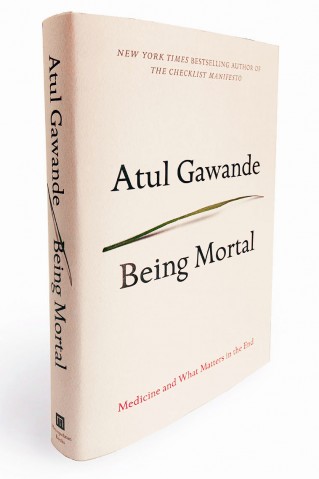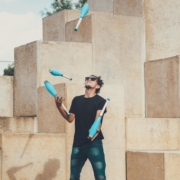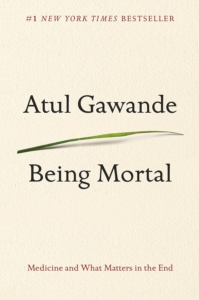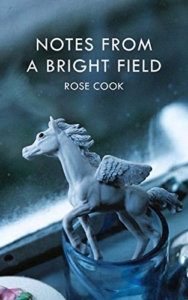Naomi Shihab Nye, “Kindness”

Naomi Shihab Nye
Kindness
Before you know what kindness really is you must lose things, feel the future dissolve in a moment like salt in a weakened broth. What you held in your hand, what you counted and carefully saved, all this must go so you know how desolate the landscape can be between the regions of kindness. How you ride and ride thinking the bus will never stop, the passengers eating maize and chicken will stare out the window forever. Before you learn the tender gravity of kindness, you must travel where the Indian in a white poncho lies dead by the side of the road. You must see how this could be you, how he too was someone who journeyed through the night with plans and the simple breath that kept him alive. Before you know kindness as the deepest thing inside, you must know sorrow as the other deepest thing. You must wake up with sorrow. You must speak to it till your voice catches the thread of all sorrows and you see the size of the cloth. Then it is only kindness that makes sense anymore, only kindness that ties your shoes and sends you out into the day to mail letters and purchase bread, only kindness that raises its head from the crowd of the world to say it is I you have been looking for, and then goes with you everywhere like a shadow or a friend.
Naomi Shihab Nye, “Kindness” from Words Under the Words: Selected Poems. Copyright © 1995 by Naomi Shihab Nye. Reprinted with the permission of the author. (Copied from http://www.poets.org/poetsorg/poem/kindness)

 When I was thinking about starting a blog–five or six years ago, back in
When I was thinking about starting a blog–five or six years ago, back in  plus some sleep. For human beings, life is meaningful because it is a story. A story has a sense of a whole, and its arc is determined by the significant moments, the ones where something happens. Measurements of people’s minute-by-minute levels of pleasure and pain miss this fundamental aspect of human existence. A seemingly happy life may be empty. A seemingly difficult life may be devoted to a great cause. We have purposes larger than ourselves. Unlike your experiencing self–which is absorbed in the moment–your remembering self is attempting to recognize not only the peaks of joy and valleys of misery but also how the story works out as a whole. That is profoundly affected by how things ultimately turn out. Why would a football fan let a few flubbed minutes at the end of the game ruin three hours of bliss? Because a football game is a story. And in stories, endings matter.” —
plus some sleep. For human beings, life is meaningful because it is a story. A story has a sense of a whole, and its arc is determined by the significant moments, the ones where something happens. Measurements of people’s minute-by-minute levels of pleasure and pain miss this fundamental aspect of human existence. A seemingly happy life may be empty. A seemingly difficult life may be devoted to a great cause. We have purposes larger than ourselves. Unlike your experiencing self–which is absorbed in the moment–your remembering self is attempting to recognize not only the peaks of joy and valleys of misery but also how the story works out as a whole. That is profoundly affected by how things ultimately turn out. Why would a football fan let a few flubbed minutes at the end of the game ruin three hours of bliss? Because a football game is a story. And in stories, endings matter.” —
 directly with this subject (and who among us is not?)–it is full of gems. One of them, in the chapter about his own father, is ODTAA syndrome:
directly with this subject (and who among us is not?)–it is full of gems. One of them, in the chapter about his own father, is ODTAA syndrome:
